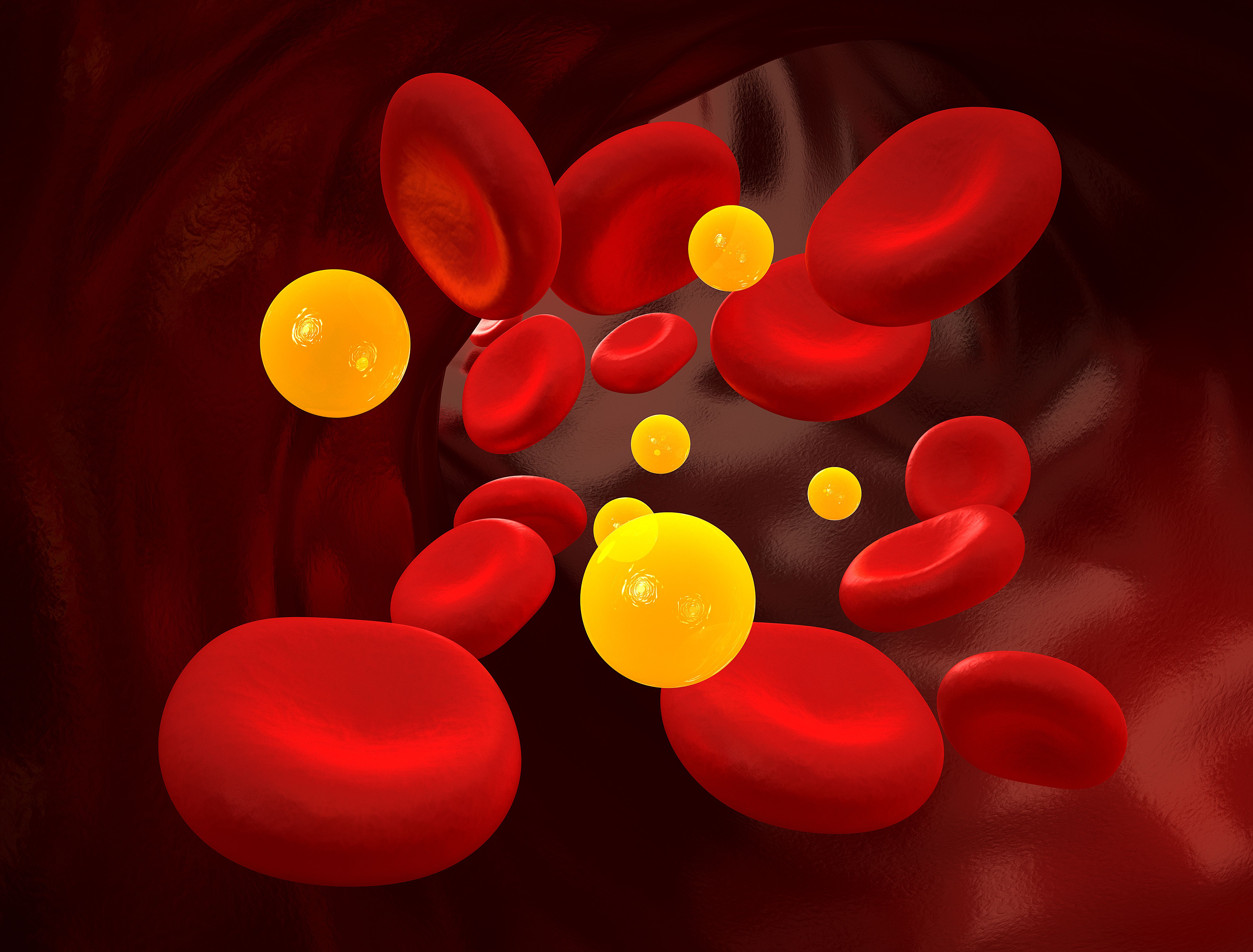Video
Emerging Agents for Treatment of Hypercholesterolemia and ASCVD
Author(s):
Experts in endocrinology and cardiology review novel agents in the pipeline for the management of hypercholesterolemia and ASCVD.
Yehuda Handelsman, MD: Christie, you mentioned the pipeline. What do we have emerging as new therapies in the pipeline?
Christie Ballantyne, MD: There’s the whole field of PCSK9. You mentioned cholesterin and siRNA [small interfering RNA] every 6 months. There’s also oral PCSK9. Those data were presented at the AHA [American Heart Association Scientific Sessions], giving over 60% reduction. There’s some cool technology: cyclic peptide and enhanced susceptibility with it. We’ve got the LP(a) [lipoprotein (a)], ASO [antisense oligonucleotide], and siRNA. The HORIZON trial is fully recruited. The siRNA is in the pipeline. ANGPTL3 is still alive. There are some data at this meeting that ASO doesn’t work, but siRNA is cruising along.
Yehuda Handelsman, MD: What happened to the Pfizer drug?
Christie Ballantyne, MD: That’s the ASO. It hasn’t been presented, but the program is over.
Erin D. Michos, MD, MHS: LFTs [liver function tests] have increased—liver fat—significantly. It reduced LDL [low-density lipoprotein] and A-Fib [atrial fibrillation] and everything, but there was a significant increase in hepatic fat.
Christie Ballantyne, MD: In the dose responses, it didn’t work the way it was expected. It was surprising, but there will be another siRNA on LP(a) presented at this meeting. It looks exciting. You mentioned anti-inflammatory. There’s a trial, CKD [chronic kidney disease], anti–IL-6 with it. There are other programs that target the inflammasome. They’re earlier stage with it. There’s even a CRISPR gene editing that’s going to be phase 1 this year.
Yehuda Handelsman, MD: That’s cool.
Christie Ballantyne, MD: There’s a lot of cool stuff going on. How will it all pan out? I don’t know, but there are going to be even more things.
Yehuda Handelsman, MD: Anything emerging that you’re involved in?
Erin D. Michos, MD, MHS: Christie mentioned several things I’m excited about. I have many patients with elevated lipoprotein(a). I check it a lot now, especially in patients who don’t seem to have the LDL response with statins. We don’t have a lot of good therapy for those patients. PCSK9 has some effects. Pelacaren is the agent. With the ASO against we can lower lipoprotein(a) by about 90%. The question is how much does that translate to reduction in events? We’ll see that with the HORIZON trial.
Getting back to patients with FH [familial hypercholesterolemia], we have evolocumab and an ANGPTL3 inhibitor for homozygous FH. Because its mechanism is independent of the LDL receptor, this is for extremely high-risk patients. There are some other agents in that population as well.
Christie Ballantyne, MD: We mentioned ANGPTL3, but the APL-C3s are moving along nicely. There’s an ASO and an siRNA. They’re extremely effective for high triglycerides, even working with FCS [familial chylomicronemia syndrome]. The prior 1 had some adverse effects on platelets, and we’re not seeing that anymore. We’ll have other things in the future. Even for that group that’s still hard to treat, we’ll have something for them.
Yehuda Handelsman, MD: Matt, anything you’re involved in?
Matthew J. Budoff, MD: The GLP-1, GIP dual inhibition for diabetes may have some cardiovascular benefits. There may be a tolerability issue. We’ll have to see how that pans out, but those large trials are ongoing as well. We’ve seen this great interaction between GLP-1 receptor agonists and cardiovascular event reduction, so this might extend that even further.
Christie Ballantyne, MD: Don’t forget, maybe the hardest and most disappointing 1 over the last 30 years has been the increase in obesity. We’ve got outcomes trials in the pipeline with semaglutide, and these data are very impressive.
Yehuda Handelsman, MD: The data remind us of the fenfluramine-phentermine of the time, of the 15% to 20% weight reduction. I’m applauding them for willing to take outcome trial, which everybody was fearful to do in this early disease group of people. It will be superior, I have no doubt.
Erin D. Michos, MD, MHS: We have this outcome trial for patients who are obese or overweight, who don’t have diabetes, looking at GLP-1 receptor agonists and subcutaneous. There’s also cardiovascular outcome trial that’s powered to be a trial for an oral semaglutide, because the prior trial was not. That is another potential option.
Yehuda Handelsman, MD: GLP-1 is in the studies. What do you guys think of this revival of CETP inhibitor?
Christie Ballantyne, MD: People forget that the…study, was short of reduction in events, all driven by LDL. But they had low LDLs to go in. When they had the long-term follow-up, curves were still growing apart. This new CETP inhibitor is very effective for lowering LDL. We know that CETP inhibitors don’t work by raising HDL [high-density lipoprotein]; those studies are done. But could this be an easy way to lower LDL another 50%? We’ll see. There are also other approaches toward PCSK9 besides the ones that I mentioned. There’s a scaffolding approach, where some data showed about a 70% reduction instead of doing the monoclonal.
Transcript Edited for Clarity





